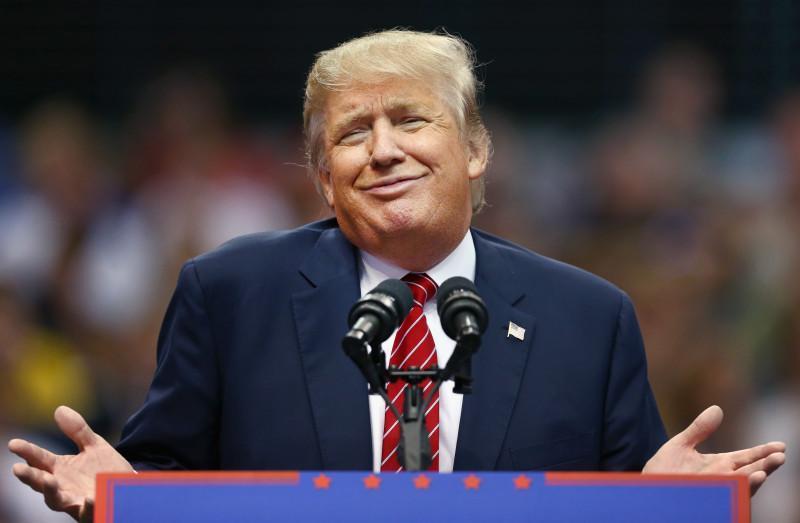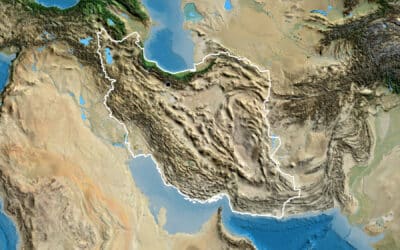Candidate Trump (2016):
Count Donald Trump among the ranks of those who don’t think too much of the stock market as a sound place to put money.
A day after making a widely watched public address on his economic plan, the Republican presidential nominee advised against betting on Wall Street.
The big problem, as Trump sees it: The low interest rate environment fostered by the Federal Reserve that has coincided with a 227 percent market gain since the financial crisis lows.
“If rates go up, you’re going to see something that’s not pretty,” the billionaire businessman told Fox News during a Tuesday morning phone interview. “It’s all a big bubble.”
President Trump (the present):
President Trump renewed his criticism of the Federal Reserve on Monday, saying that the Fed erred in lifting interest rates last year and put the United States at a disadvantage to China.
Mr. Trump, in an interview on CNBC, said the Fed “made a big mistake: They raised interest rates far too fast.”
Mr. Trump has repeatedly attacked the Fed’s decision last year to raise interest rates, accusing it of undermining his economic policies and slowing growth. And he has urged the Fed to cut rates and take additional steps to stimulate economic growth.
“They devalue their currency,” Mr. Trump said. “They have for years. It’s put them at a tremendous competitive advantage, and we don’t have that advantage because we have a Fed that doesn’t lower interest rates. We should be entitled to have a fair playing field, but even without a fair playing field — because our Fed is very, very disruptive to us — even without a fair playing field we are winning.”
Candidate Trump warned there had been no real recovery people could feel in their everyday lives. The Fed’s low interest rates had merely inflated a stock market bubble.
President Trump lambasts the Fed for raising rates and demands they be lowered as soon as possible.
There is no contradiction. Trump doesn’t want higher rates because he knows they would burst the bubble. He’s gone from warning about the bubble to claiming it as a genuine boom engineered by him, so he is now pro-bubble.
The Fed feels the same way which is why — in three years of talking up raises since 2015 through 2018 — they’ve only raised to 2.25% which is still a low, emergency-level rate. And which is why they’re already talking about going back to cutting. They can feel the “recovery” wasn’t real and that the illusion won’t survive normal-times rates.
Trump understands more about economics than he lets on, but has subordinated everything to getting elected in 2020. The bubble bursting is the last thing he wants, and if that means he must keep blowing it up — which will increase the pain when it finally does burst — then so be it. Trump first, country second.
Most of what he does in his seemingly chaotic foreign policy likewise makes perfect sense considered from the perspective of Trump as candidate in 2020:
• Venezuela: could have helped with Florida.
• Iran: as long as he doesn’t make it a shooting war, a hard-line policy is risk-free. There is no downside, only a possible upside with the evangelicals.
• China: will make for a great whipping boy in 2020. Try as he might the Democrat won’t be able to play the bigger hawk. To the extent someone like Warren tries it will only serve to highlight Trump made it an issue sooner.
• Russia: gave up the reverse-Nixon to seperate Russia from China as soon as it was clear he’d pay a political price for it.
• North Korea: torpedoed his own deal rather than having to defend it at home.
As with every politician personal interest comes before country. And the Empire blindly marches on…to doom.































